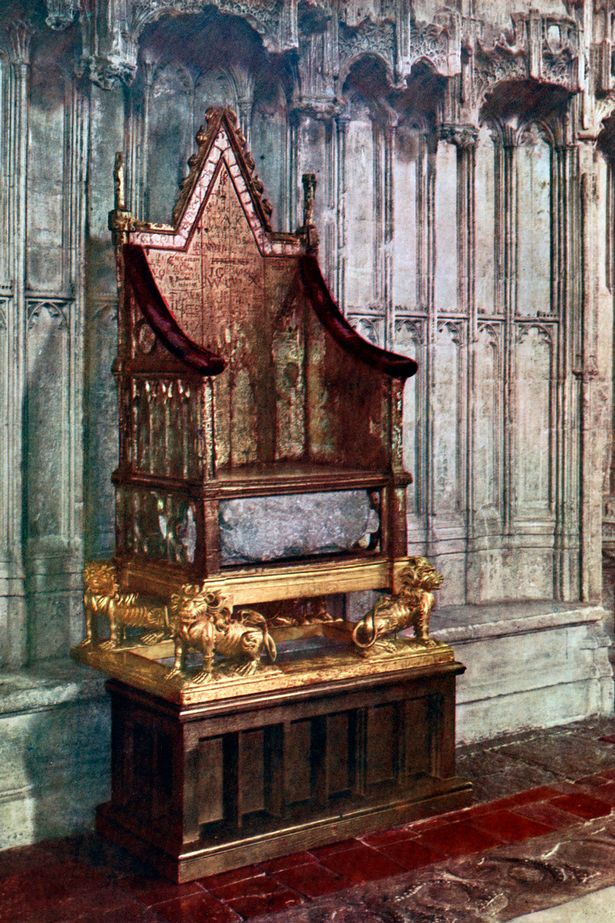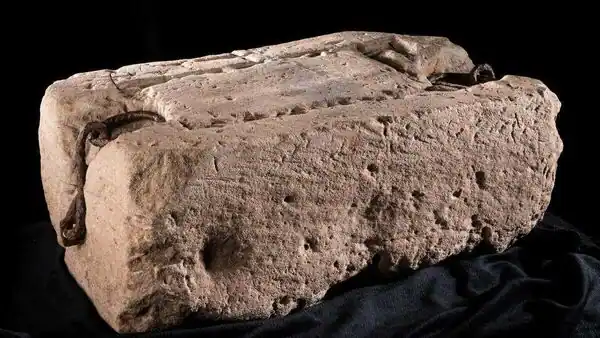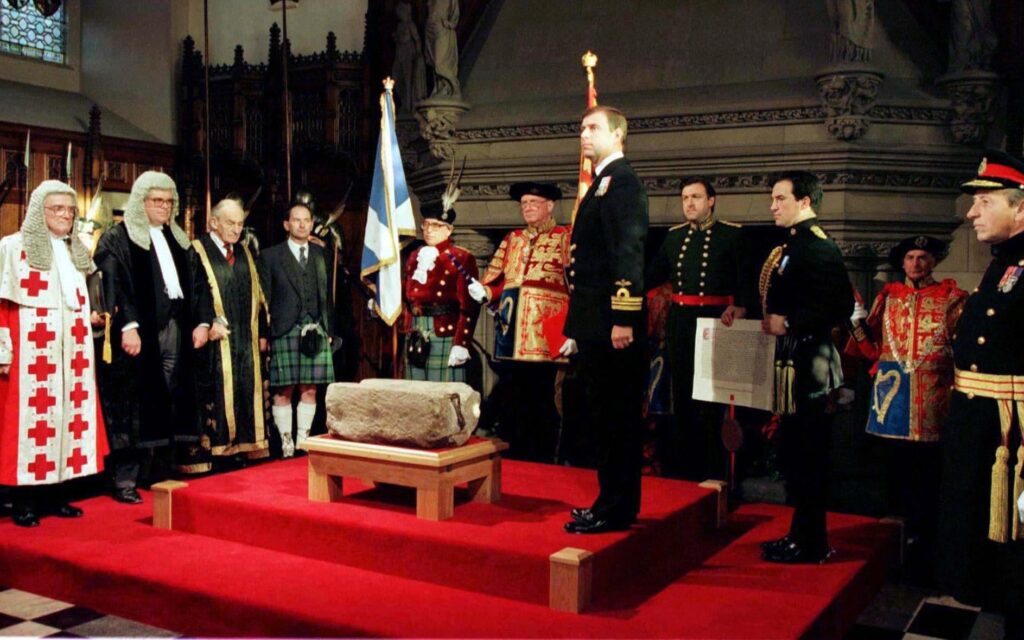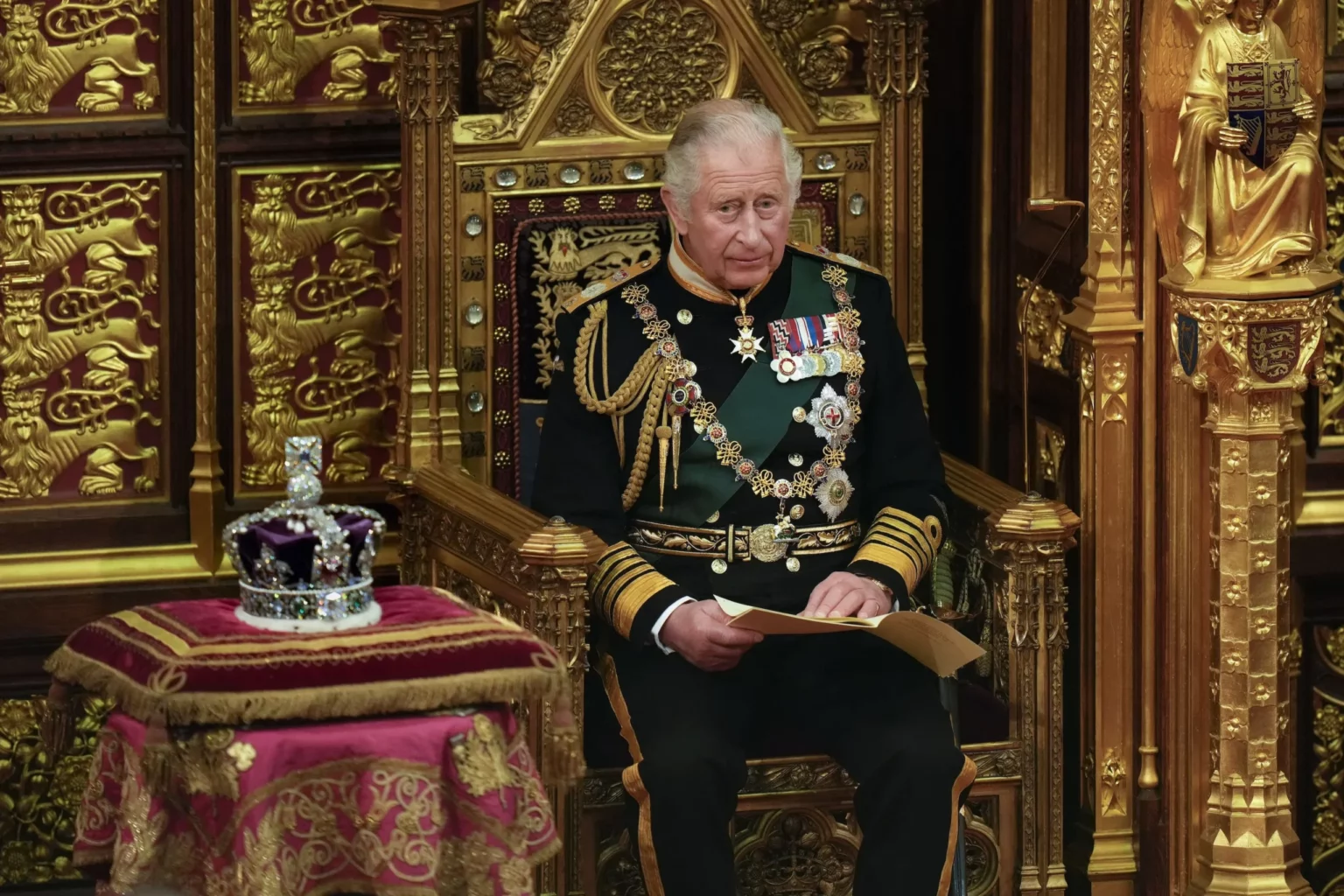The coronation of Charles III and his wife Camilla as king and queen of the United Kingdom and the other Commonwealth realms is scheduled to take place on Saturday, 6 May 2023, at Westminster Abbey. Charles acceded to the throne on 8 September 2022, upon the death of his mother, Elizabeth II.
Charles III will be crowned on the sacred Stone of Scone, an ancient symbol of Scottish sovereignty whose history is mired in controversy and legend.
The Coronation Stone, also known as the Stone of Scone or the Stone of Destiny, has a rich and disputed history that spans several centuries.

This ancient symbol of Scottish monarchy is believed to have been used in the coronation of kings for hundreds of years, and it has played a significant role in the history of Scotland and the United Kingdom.
However, there is much controversy surrounding the history of the Coronation Stone, and there are several different theories as to its origin and significance.

The earliest known reference to the Coronation Stone dates back to the 9th century, when it was said to have been used as a pillow by the biblical figure Jacob. According to legend, the stone was then taken to Egypt, Spain, and finally Ireland, where it was used as the coronation stone for the ancient kings of Ireland.
In the 13th century, the Scottish monarchs brought the stone to Scotland, where it was installed at Scone Abbey and became a symbol of Scottish sovereignty. However, in 1296, the stone was captured by the English during the Wars of Scottish Independence and taken to Westminster Abbey in London, where it has remained ever since.
One of the most disputed aspects of the Coronation Stone’s history is its authenticity. Some historians believe that the stone held at Westminster Abbey is not the original Coronation Stone, but rather a replica created by the English in order to bolster their claim to Scottish sovereignty. This theory is based on the fact that the stone held at Westminster Abbey is made of a different type of sandstone than the stone traditionally used in Scottish coronations.
Another area of controversy surrounding the Coronation Stone is its religious significance. Some believe that the stone was originally used as an altar or even as a ritual sacrifice in pagan religious ceremonies. Others believe that the stone was used as a portable throne for early Christian missionaries, and that it was later incorporated into the coronation ceremonies of Scottish and English monarchs due to its perceived mystical powers.
The Coronation Stone has also been the target of several attempts at theft and destruction throughout its history. In 1950, a group of Scottish nationalists stole the stone from Westminster Abbey and took it back to Scotland, where it was recovered by the English authorities four months later. In 2018, a man attempted to smash the glass casing surrounding the stone with a hammer, but was quickly apprehended by security.

Despite its many controversies, the Coronation Stone remains an important symbol of English and Scottish history and tradition. It has played a central role in the coronation ceremonies of dozens of English monarchs, and it continues to be a source of fascination and intrigue for historians and the public alike. Today, the stone can be seen on display in the Crown Jewels exhibition at the Tower of London, where it is protected by bulletproof glass and closely guarded by security.




